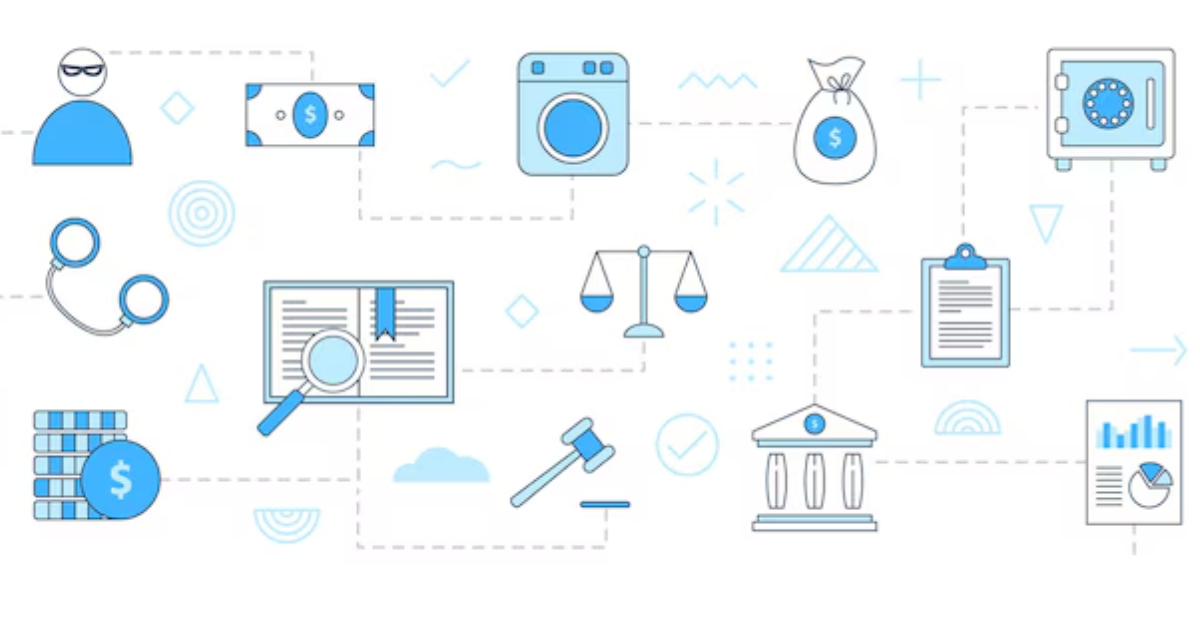U.S. Legislators Push for Enhanced Oversight of Art Market with New AML Act
On July 23, 2025, a bipartisan group of United States Senators, including John Fetterman (D-PA), Chuck Grassley (R-IA), Sheldon Whitehouse (D-RI), Bill Cassidy (R-LA), Andy Kim (D-NJ), and David McCormick (R-PA), introduced the Art Market Integrity Act. This proposed legislation aims to close major domestic loopholes with respect to defense from illicit financial activity by bringing the U.S. art market in line with international anti-money laundering (AML) and counter-terrorism financing (CFT) standards. If ultimately passed, the measure would effectively amend the U.S. Bank Secrecy Act (BSA) – a U.S. law requiring financial institutions across America to assist U.S. government agencies in detecting and preventing money laundering and to maintain appropriate record-keeping and reporting protocols to thwart suspicious activity – to include art dealers, auction houses, and other intermediaries in the trade of high-value artworks for the first time.
The art market, long viewed as a potential avenue for illicit financial activities due to its opacity and prevalence for high-value transactions, has faced growing scrutiny both domestically and abroad over the past decade amid the growing global crusade against illicit finance. Long characterized by privacy and discretion, the reach of the international art trade is felt worldwide. Through this market, the wealthy and powerful frequently purchase and exchange items worth upwards of tens of millions of dollars per piece through private auctions as well as personal handshake deals, with the origins of said funds used for these deals often derived from illicit activity. In fact, the Financial Times writes that even under a growing spotlight, “at least 50 percent of all art transactions are entirely private and handshake deals are still common; even in the auction houses, which appear to be so public-facing, the price may be disclosed but the identities of both buyer and seller are often guarded to the grave.”1 Given the clandestine nature of the market as a whole and the fact that those behind these dealings are often actively seeking to keep their transactions off the record, purchases and sales made within this sector remain extremely difficult for international law enforcement agencies to keep tabs on. Couple this with the growing presence of global regulatory enforcement of illicit financial activity across traditional financial and investment outlets, as well as higher international standards and requirements for anti-money laundering (AML) and counter-terrorism financing (CFT) governance, the art and antiquities market has evolved into a particularly attractive vehicle by which white-collar and organized criminals, as well as oligarchs and those subjected to international sanctions, have sought to launder significant amounts of ill-gotten cash.
The United States art market has now become well acquainted with an influx of illicit financial activity in wake of both progressive sanctions and new tariffs affecting a number of sectors of business. As a result, the proposed Art Market Integrity Act seeks to close loopholes that has allowed the U.S. to become a haven for money laundering and sanctions evasion in this regard by aligning domestic regulations with those already in place in the United Kingdom, European Union, and Switzerland. By expanding the BSA’s definition of “financial institution” to encompass art market participants – such as dealers, advisors, galleries, auction houses, and collectors – the legislation would subject these entities to the same AML compliance requirements as banks and other financial institutions.
Opposition of the measure have however downplayed the perceived levels of crime circulating within this trade, while voicing their concerns that new AML requirements could harm small U.S. businesses, museums, and collectors by imposing overly-staunch federal reporting obligations on ordinary transactions. However, it appears that the law will primarily target higher-risk transactions while exempting smaller players, such as artists selling their own works of art (defined as original pieces like paintings, sculptures, and video art, excluding applied arts or mass-produced decorative items) or businesses with annual art transactions under $50,000 or single transactions below $10,000.2 In creating this framework, the new legislation would ensure that an undue regulatory burden would not stifle smaller galleries or independent creators, allowing the sector to continue to thrive while creating improved oversight. The Act also mandates the Financial Crimes Enforcement Network (FinCEN), in coordination with other federal agencies, to issue rules clarifying which entities – based on their role as agents or intermediaries as well as their geographic location – will be subject to these regulations. Additionally, it calls for an update to the 2020 Office of Foreign Assets Control (OFAC) advisory, which highlighted the risks of sanctioned individuals using art transactions to bypass financial restrictions.
The introduction of the Act as a whole reflects growing concerns about the art market’s role in facilitating illicit finance, with the aim of enhancing transparency and accountability in a sector historically prone to exploitation now. If passed, the Art Market Integrity Act would take effect either 360 days after its enactment or upon the issuance of FinCEN’s rules, whichever comes first. This move follows earlier legislative efforts in 2020 to regulate the trade of antiquities under the BSA, while making a broader push to address vulnerabilities in the art and antiquities markets that continue to threaten the integrity of the U.S. financial system. Global RADAR will provide additional updates on these legislative developments as they become available.
Citations
- Dalley, Jan. “Can the Art World Clean up Its Act?” Subscribe to Read | Financial Times, Financial Times, 21 Feb. 2020.
- Larson, Kristen E. “U.S. Senate Introduces Act to Apply AML/BSA Laws to Art Dealers and Auction Houses.” Money Laundering Watch, Ballard Spahr, LLP, 5 Aug. 2025.

